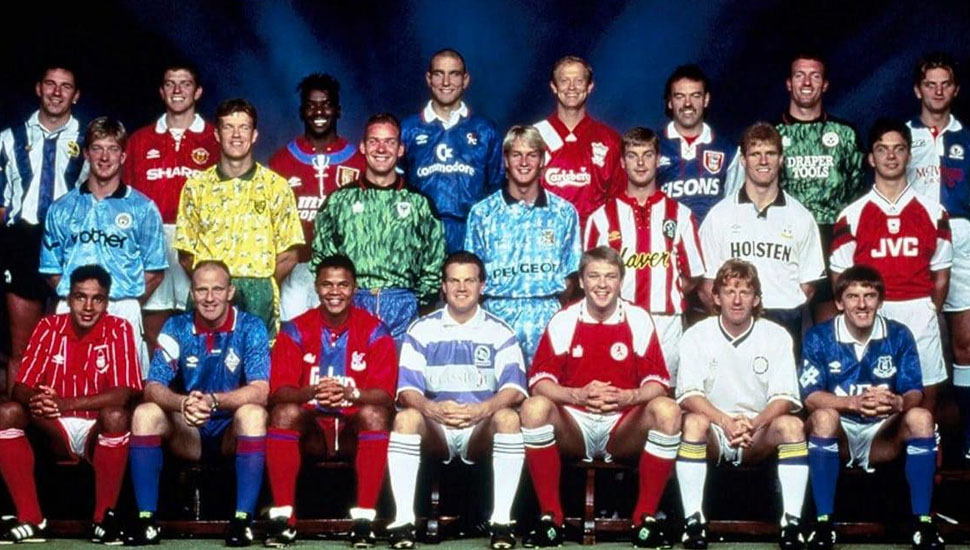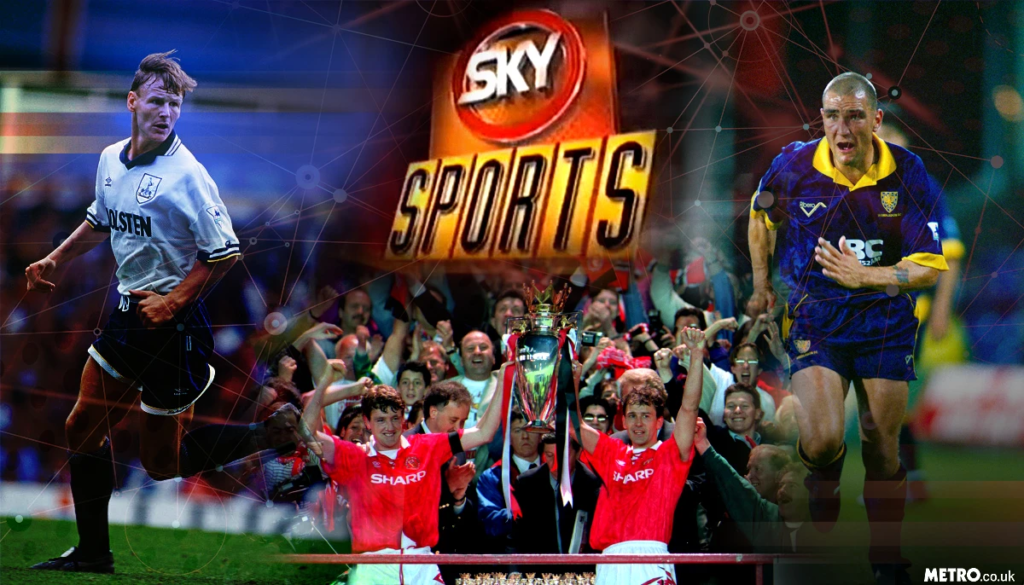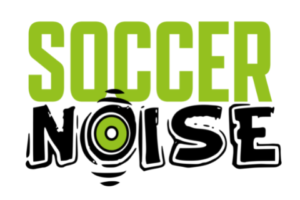The English Premier League (EPL) has evolved over the years from the dream it was in the late 1980s, to its establishment in the early 1990s, and its subsequent growth and development. In its three decades of existence, the epitome of English soccer has been known by several official names due to the various sponsors it has had. These partners were especially critical in the league’s formative years as it learned to crawl into the uncharted fields of top-flight competition. There however came a time when the league had stood on its own two feet and decided to go on its journey alone.
When was the name changed to the Premier League? The EPL’s name was changed to the Premier League ahead of their 2016/17 season after the league’s clubs, who are its exclusive shareholders, decided to institute a new strategy that saw it opt away from title sponsorship. The move was intended to enable the league to establish its own identity like other top-tier competitions in the world.

Breaking the Status Quo
The EPL was first conceptualized in the late 1980s after a number of the top clubs in the then top-tier English soccer competition, the English Football League First Division, became displeased with the revenue-sharing structure that existed at the time.
The absurd structure demanded that the revenue that they generated at the time be shared equally among all the clubs in the Football League’s three divisions despite the fact that most of it were generated by a handful of clubs in the First Division.
Clubs at the time also faced a slew of challenges, chief among which were rampant hooliganism and sub-standard stadiums that had contributed to a pair of disasters (the Heysel Stadium Disaster of 1985 and the Hillsborough Disaster of 1989) whose aftermaths threatened to stifle the league’s progress for years to come.
In order to address the challenges with a sense of finality, the authorities constituted a task force headed by former Lord Justice Taylor that tabled the famous Taylor Report. The report, which was released in January 1990, proposed the implementation of changes that would require heavy investments from clubs – investments the clubs could not afford.
After little to no efforts were made to remedy the situation, First Division clubs led by Manchester United, Arsenal, Liverpool, Tottenham Hotspur, and Everton began exploring the possibility of forming a new top-flight league.
With the blessing of England’s football governing body, the Football Association (FA), representatives of the club met and finalized a lucrative deal that saw all the 22 clubs in the then First Division breakaway to form the Premier League on 27 May 1992.
The Blueprint
Fueling the exit from the Football League was a TV rights deal totaling around £304 million. Since the deal was not one that involved title sponsorship, the then-new league was named the FA Premier League as a show of respect for the governing body’s support.
The new dispensation afforded the new outfit a number of privileges including the right to participate in decision-making via their one-team one-vote policy as well as financial autonomy from the FA and the Football League allowing them to enter into sponsorship and broadcast agreements.

The league thus went through its first season without a title sponsor. As expected, probable partners most probably refrained from making a commitment from its inception until the league had proved itself as reliable and worth investing in.
To date, the EPL has entered into broadcast deals worth well over £15 billion with partners including Sky Sports, Setanta, BT Sport, Amazon Prime, and NTL/Premiership Plus. The league’s revenue is set to skyrocket thanks to international TV rights deals which had brought revenue worth north of £5 billion by early 2022.
The Title Sponsors
After its maiden season, the EPL signed its first title sponsorship deal with popular bear brand Carling Brewery – a four-year deal that ran from 1993 through to 1997 worth £12 million or £3 million a season. The deal renamed the league into the FA Carling Premiership.
Following the success of the initial deal, the EPL signed a second four-year agreement with Carling Brewery that began in 1997 and ended in 2001. The deal that totaled to £36 million saw the league keep the FA Carling Premiership name at a fee of £9 million a season – triple the initial amount.
Upon Carling Brewery’s exit in 2001, banking juggernauts Barclays PLC came on board via their credit card brand Barclaycard, who signed a three-year £48 million deal that ran from 2001 to 2004 or £16 million a year. The deal saw the league name change from the FA Carling Premiership to the Barclaycard Premiership.
Barclays then upped the ante and came on board as an official sponsor in 2004. The three-year deal that lasted through to 2007 averaged just under £22 million for a grand total of £65.8 million. The agreement changed the league’s name from the Barclaycard Premiership to the Barclays Premier League.
The banking juggernaut thereafter signed a 10-year £300 million deal that ensured that the league remained the Barclays Premier League from 2007 to 2017. The £30 million per year incentive was a testament to the league’s exponential growth and financial viability.
Flying Solo-ish
Just before their 2016/17 season, the league’s member clubs opted to discontinue official title sponsorship and instead created six official partner categories that would see them have just as many partners in any given season.
The categories were:
- The Lead Partner of the English Premier League.
- The Official Bank of the English Premier League.
- The Official Soft Drink of the English Premier League.
- The Official Beer of the English Premier League.
- The Official Match Ball Supplier of the English Premier League.
- The Official Timekeeper of the English Premier League.
Presently (as of the 2022-23 season) the league’s Lead Partner is EA Sports, their Official Bank is Barclays, their Official Beer is Budweiser and their Official Timekeeper is Hublot. The EPL has also adjusted the other categories to include an Official Engine Oil Partner (Castrol), an Official Ball (Nike), and an Official Cloud Partner (Oracle).
Other partners include their Official UK Broadcast Partners in Sky Sports, Amazon Prime Video, BBC Sport, and BT Sport, and their Official UK Radio Broadcast Partners in talkSPORT and BBC Radio 5 Live.
